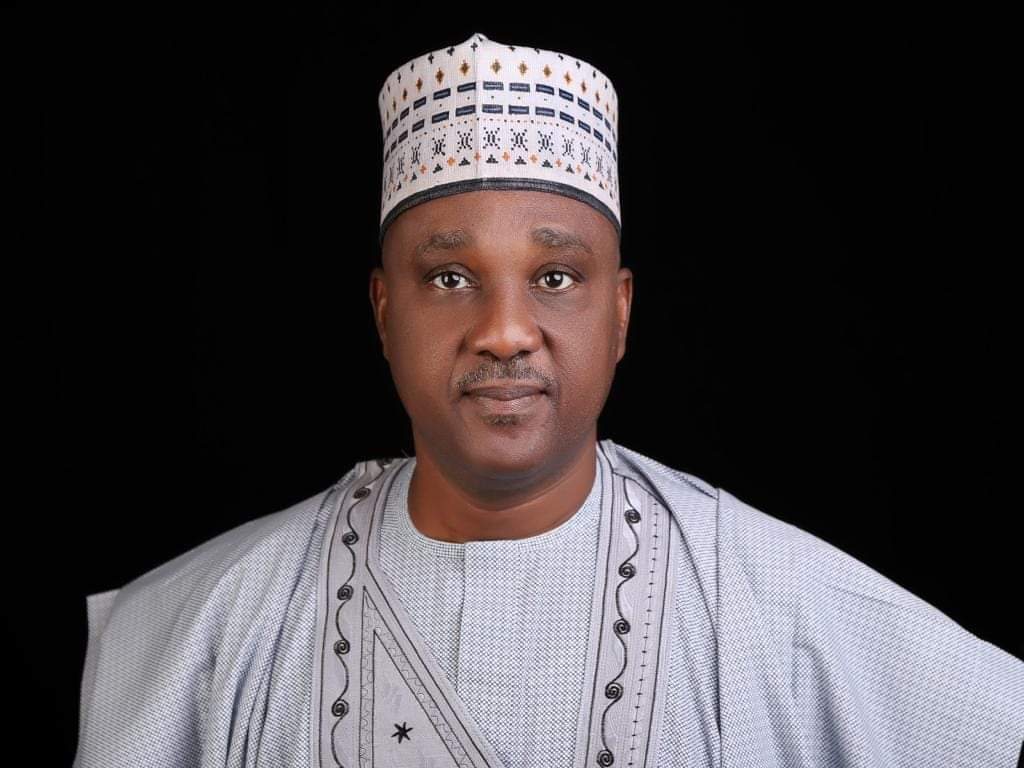Speaker of the House of Representatives, Tajudeen Abbas has stated the lack of the necessary investment in the oil and gas sector is a rejection of the Petroleum Industry Act (PIA).
The speaker made the remark while addressing the Society of Petroleum Engineers at the 2024 Oloibiri Lecture Series and Energy Forum (SPEOLEF) held in Abuja yesterday.
According to official estimates released by the Nigerian Upstream Petroleum Regulatory Commission (NUPRC), oil and gas investments have significantly declined, falling from US$27bn in 2014 to US$6bn in 2022.
The sector was totally sidelined by foreign investors in Q2 2023 for the first time on record, as the once lucrative sector attracted no capital inflow in the review quarter.
- Aiyedatiwa’s endorsement turns Ondo lawmakers against speaker
- Aiyedatiwa’s endorsement turns Ondo lawmakers against speaker
Nigeria has endured significant pushback from foreign investors in recent times, evidenced by the recurrent declines in capital importation numbers. A development that has had severe implications for the general economy as FX illiquidity continues to drive exchange rate depreciation
Represented by Hon. Cyril Hart, member representing Degema/ Bonny Federal Constituency in River State, the speaker said: “Prior to this time, we were told that we were not getting investment into the sector because the international community was waiting for the PIA.
“Now that the PIA is here, we are not seeing the investment, which means that the Lack of investment in the oil and gas sector is a rejection of PIA.”
The speaker also corroborated the Minister of State for Petroleum (Gas), Ekperikpe Ekpo who had said there is the need to fine tune the PIA, to make it more lucrative and attractive for more investment in the sector.
The speaker also pointed at the cost of production as a hindrance to attracting investment into the sector.
Abbas said: “We cannot be spending $48 to produce a barrel of crude. It sounds more reasonable now because crude is selling at about $80.
“Countries like Saudi Arabia is doing $11 per barrel, the United States is doing about $22/barrel, so what are those technologies that can address the challenges of topography that increases our cost of crude production? Because, when cost goes down, that can also drive investment in that sector.”
The speaker further argued that it is not a cheering news that the country is doing 1.7mbpd with a 38billion barrel of proven reserves.
He said: “At the current level of production. It will take over 75 years to deplete our reserve. The world is not waiting for us. Dubai is expending $150 billion to ramp up and expand crude oil production.”
The Minister of State Petroleum Resource (Oil), Sen. Heineken Lokpobiri said in line with the theme, infrastructure, transportation and security are fundamental to the efficient functioning of the energy sector and are interdependent in ensuring stability and sustainability.
He said the government is open to harnessing all possible pathways in the advancement of the nation’s energy sector, by implementing policies and promoting partnerships that would be beneficial in the transformation from the current energy system to a low-carbon energy system with hydro, solar and natural gas playing very important roles.
Also speaking at the forum, the Group Chief Executive Officer (GCEO) of the Nigerian National Petroleum Company Limited, (NNPCL), Mele Kyari assured that by the end of 2024, the AKK gas pipe line will be ready to receive gas.
Speaking on the company’s capacity to export gas to the international market, he said: “We have made substantial progress in delivering Train 7 of the NLNG.
“We are working with our partner to commence potentially. The train 8 and over four initiatives of floating LNG are approaching maturity days and hopefully, we will take FID [final investment decisions] on at least 2 of them this year,” he added.
Chairman of SPE Nigeria Council, Salahuddeen Tahir said, “While effort has been made in expanding energy infrastructure and enhancing production capabilities, significant challenges persist particularly in transportation and security.
He said theft and vandalism of pipelines continue to impede the efficient transportation of energy resources.

 Join Daily Trust WhatsApp Community For Quick Access To News and Happenings Around You.
Join Daily Trust WhatsApp Community For Quick Access To News and Happenings Around You.


